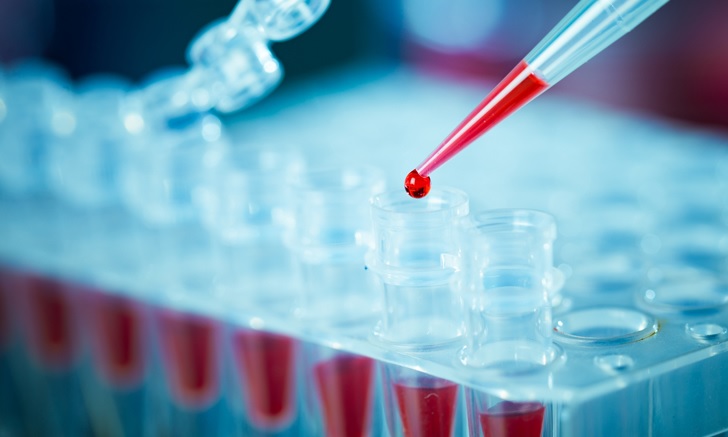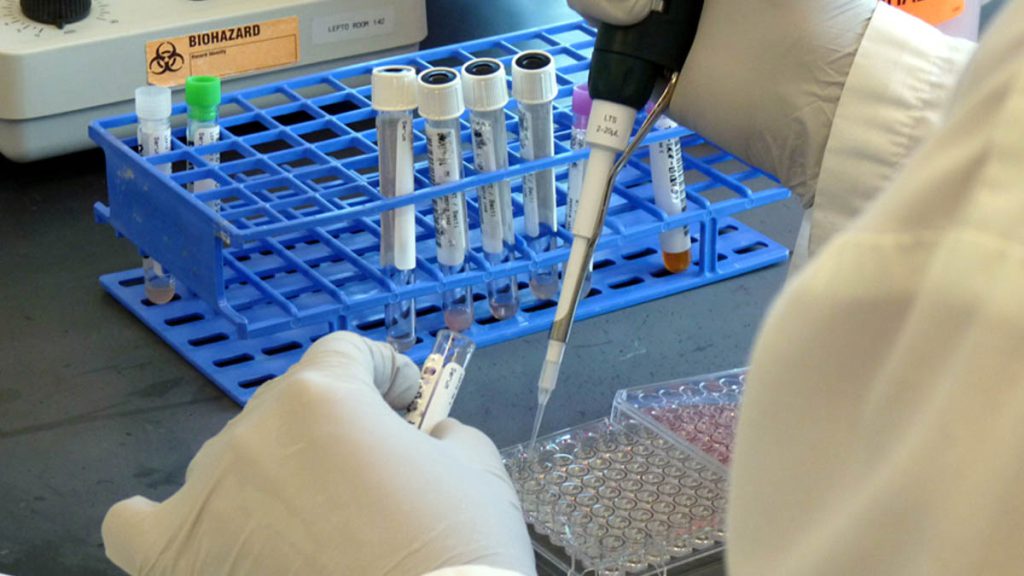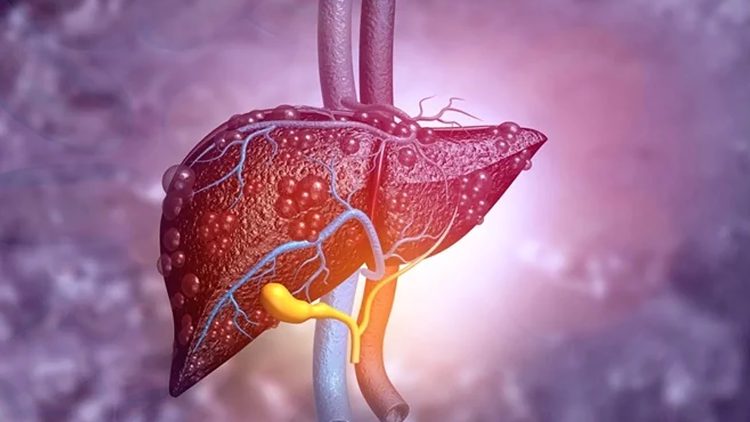Introduction
Chronic infection with the hepatitis C virus (HCV) can eventually lead to the development of liver cancer, known as hepatocellular carcinoma (HCC). Researchers from the Atta-ur-Rahman School of Applied Biosciences, National University of Sciences and Technology (NUST), Pakistan, have conducted a study to investigate the role of a protein called PKC gamma and its genetic variants in the development of liver cancer. By using advanced bioinformatics techniques and molecular biology tests, they explored the impact of specific genetic changes on the structure and function of PKC gamma. This research has significant implications for personalized medicine and early detection of liver cancer. Dr. Maria Shabbir from NUST served as the team’s supervisor. Other members of the group included assistant professor Dr. Yasmin Badshah, doctorate students Khushbukhat Khan and Fizzah Abid, and master’s student Talha Iqbal. Researchers from the University of the Punjab and King Saud University worked together on this project. Dr. Naeem Mahmood Ashraf from the University of the Punjab and professors from King Saud University were also involved.
Identifying Genetic Variations
The research team utilized various computer programs and databases to analyze the PKC gamma gene. They focused on a genetic variation known as rs1331262028, which showed the highest association with liver cancer development. By using computational tools, they examined how this genetic variant affects the structure, function, and stability of the PKC gamma protein. Molecular dynamics simulation allowed them to observe the changes in shape and function caused by this detrimental genetic variation.

Evaluating Prevalence and Risks
To assess the prevalence of the rs1331262028 variation in the Pakistani community, the researchers collected blood samples from consenting patients with HCV-induced liver cancer. Analyzing the genotypes, they calculated odds ratios (OR) and relative risks (RR). The study revealed that individuals with the homozygous wild-type form of the SNP (AA) were at a higher risk of developing liver cancer. On the other hand, patients with the genotype AG displayed a higher viral load, indicating a stronger presence of the hepatitis C virus.

Implications for Personalized Medicine
The discovery of the rs1331262028 genetic variation in the PKC gamma gene opens up exciting possibilities for personalized medicine in the treatment of liver cancer. Understanding the functional effects of this variant could lead to the development of targeted therapies that specifically address the protein stability issues caused by the genetic variation. This personalized approach to treatment could potentially improve the effectiveness of therapies for individuals with liver cancer.
Early Detection and Disease Prevention
Additionally, the rs1331262028 genetic variation may serve as a valuable marker for assessing an individual’s susceptibility to liver cancer after HCV infection. By combining clinical signs with genetic testing, doctors can identify patients at a higher risk and implement proactive monitoring or preventive measures. Early detection of liver cancer greatly enhances the chances of successful treatment and management.
Future Directions
These findings provide crucial insights into the relationship between the genetic polymorphism rs1331262028, protein stability, and the progression of liver cancer. Further research is needed to gain a deeper understanding of the molecular mechanisms underlying liver cancer development, including the interactions between the genetic variant, the PKC gamma protein, and cellular pathways. Validating and expanding upon these findings, in collaboration with other studies, may lead to novel strategies for disease prevention and the development of tailored treatments. Continued exploration in this field holds immense potential to improve patient outcomes and the management of liver cancer in the future.
Conclusion
The study conducted by researchers from NUST, Pakistan, sheds light on the role of genetic variations in liver cancer development. The identification of the rs1331262028 genetic variation in the PKC gamma gene and its impact on protein stability provides opportunities for personalized treatment approaches. Moreover, the variant may serve as a valuable tool for early detection and risk assessment in individuals with HCV-induced liver cancer. The findings emphasize the importance of further research in understanding the molecular mechanisms underlying liver cancer and the potential for improved disease management and prevention strategies.
The author is a Tenured Associate Professor at Atta Ur Rahman School of Applied Biosciences (ASAB), National University of Sciences and Technology (NUST). She can be reached at mshabbir@asab.nust.edu.pk.
Research Profile: https://shorturl.at/jorD2

![]()





